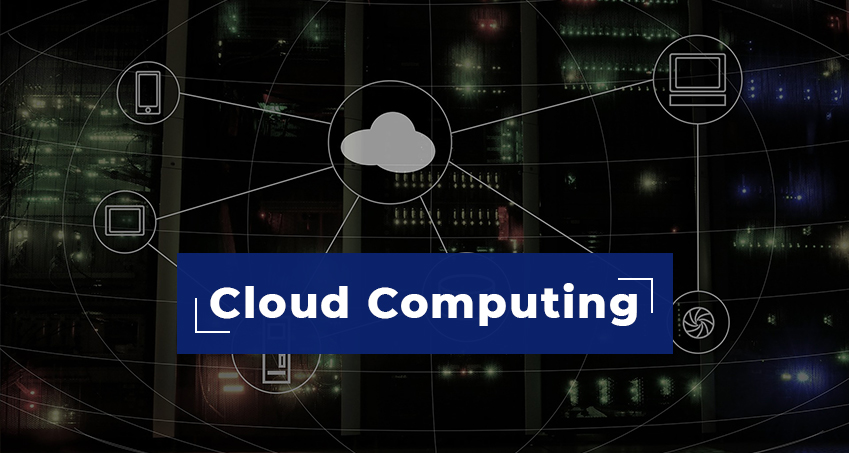
It’s amazing how quickly technology advances. Before the cloud, people ran their apps and programs on a local PC or server. Many businesses struggled to build data centers back then. These businesses often have a large IT staff and resources. But as data centers become more complex and require more IT specialists, this becomes a problem. Maintaining productivity, therefore, becomes an increasingly difficult task.
Due to the rapid advancement of technology, many businesses are finding new ways to manage and grow. Fortunately, products like cloud digital signage software have made a significant impact. More and more businesses are building their business models using cloud-based software. As a result, data center management has adopted cloud computing.
Cloud computing is a new business model that any company can use. Many people think cloud-based software is only used as a backup for working systems. It should be stated that it has many commercial uses. Enterprise cloud software has the following major benefits.
- Microbusinesses benefit from cloud computing
- Investing and saving
- It saves your IT team time
- Improved security
- Remote computing
- Small businesses benefit from subscription services
-
Microbusinesses benefit from cloud computing
It’s time to move your bandwidth needs to the cloud. Using cloud-based services allows you to quickly expand your cloud capacity by using remote servers. If you need to cut costs, you can do the same. Cloud computing allows businesses to operate more efficiently than their competitors.
-
Investing and saving
One of the major benefits of cloud computing is lower IT costs for businesses. You don’t need to buy infrastructure or hard disks. Depending on the service plan, you must pay a nominal monthly or one-time fee to the Cloud Computing service provider. Cloud computing lowers automated software licensing royalty rates.
-
It saves your IT team time
Using a managed service provider for day-to-day tasks like network monitoring and support may help your IT department avoid disaster. It’s difficult to put out every fire in a small firm because you’re reacting to issues as they arise.
Reactive infrastructure management prevents innovation. You are too busy dealing with the aftermath of the past to plan ahead.
To innovate your company, you must be proactive. Using cloud-based monitoring and IT solutions allows your tech staff to focus on the future.
-
Improved security
Using a cloud solution has many benefits, including centralizing data storage. Protecting a centralized database against cyber-attacks is much easier than protecting data spread across multiple devices.
Using a cloud solution also protects your data from unauthorized access even if your device is lost or stolen. Only the employee’s cloud network password will be changed.
-
Remote computing
To get started with the cloud, all you need is a device and an internet connection! Work from anywhere, at any time. It helps small businesses that frequently relocate. Part-time workers can work from home and enjoy the freedom of working remotely.
-
Small businesses benefit from subscription services
Because of the subscription-based business model, small businesses no longer need to spend a lot on IT soft hardware or storage hardware. To use the service, you simply pay as you go. As a result, your daunting IT project seems less frightening. Now is the best time to start using the cloud.
Because cloud computing infrastructure is scalable, you can add new tools faster as your company grows. In the event of a disaster, your IT staff may be able to move from a reactive to a proactive mindset. Cloud-based software is a win for any organization, large or small.